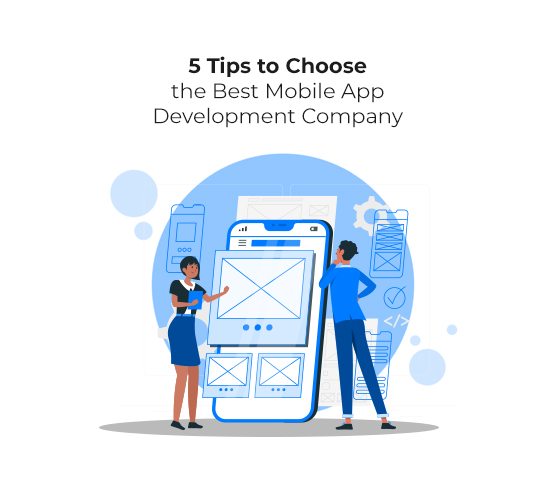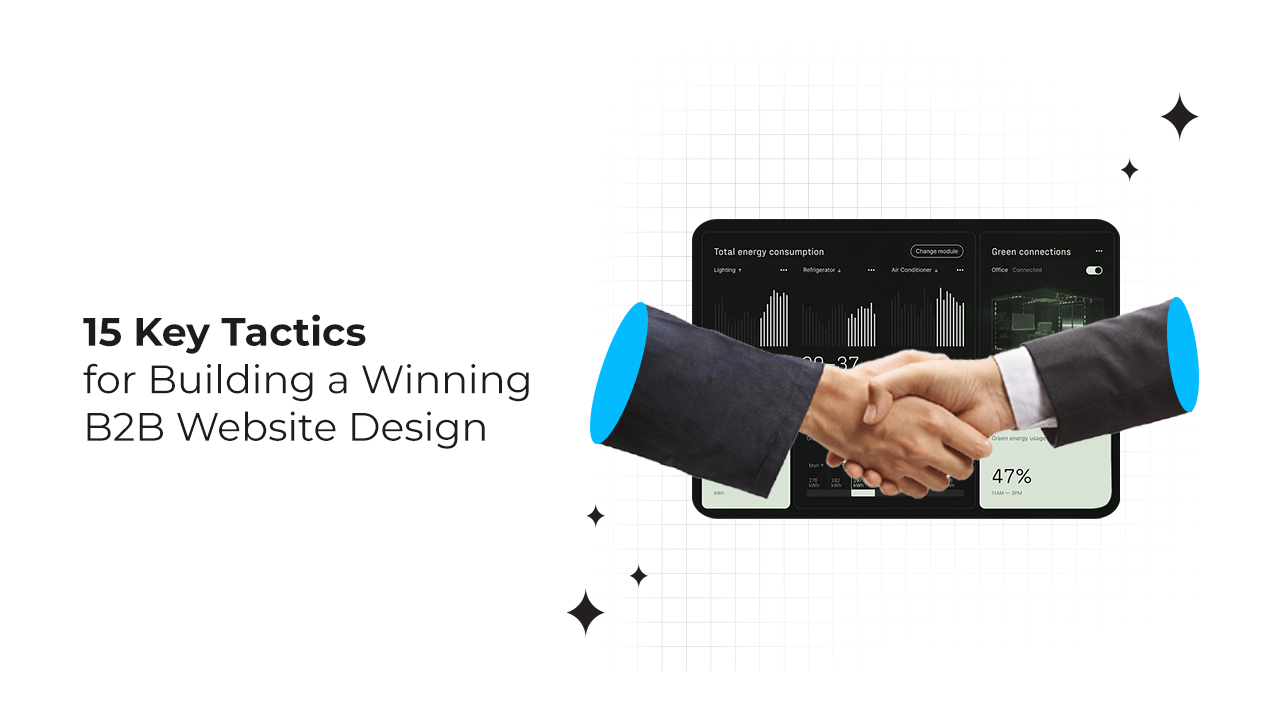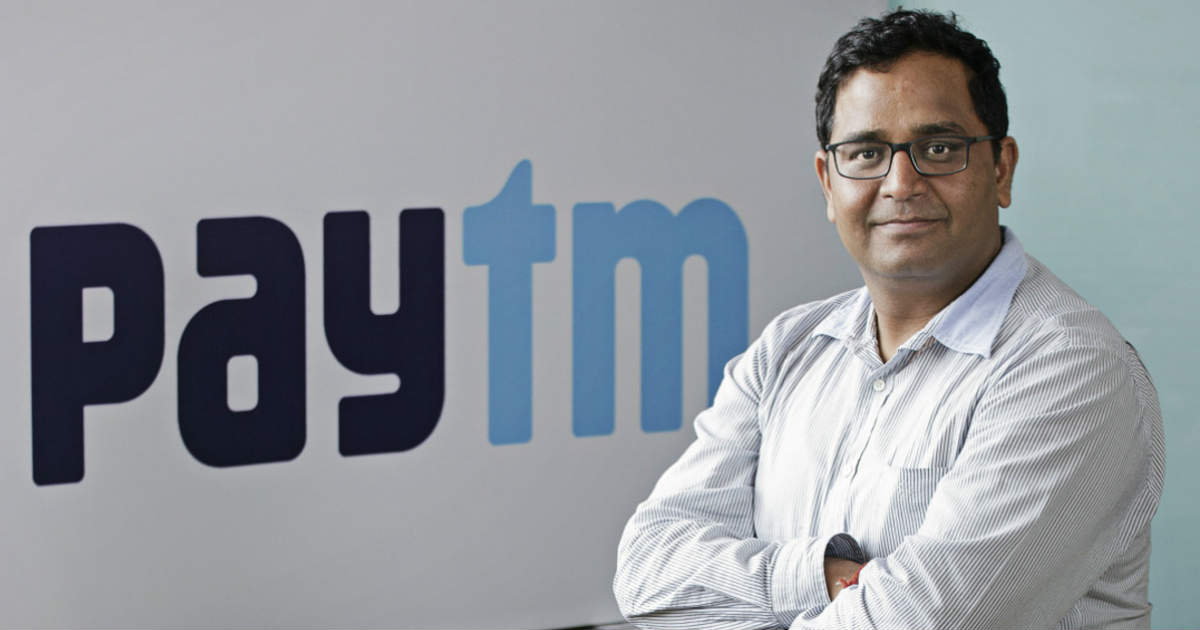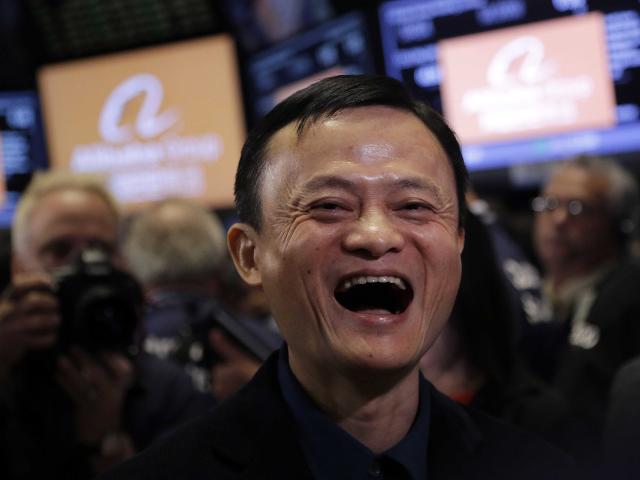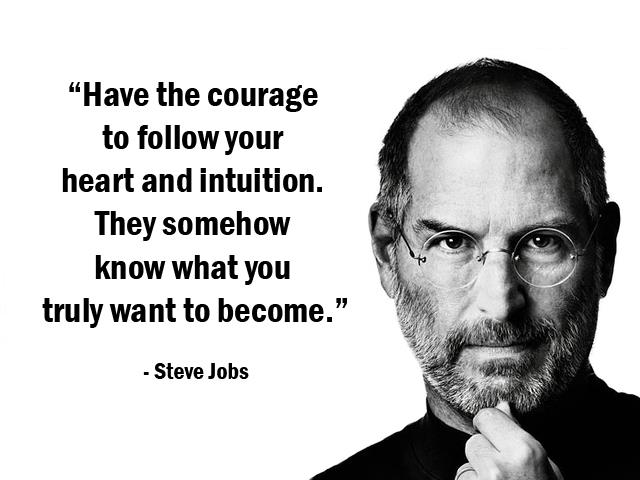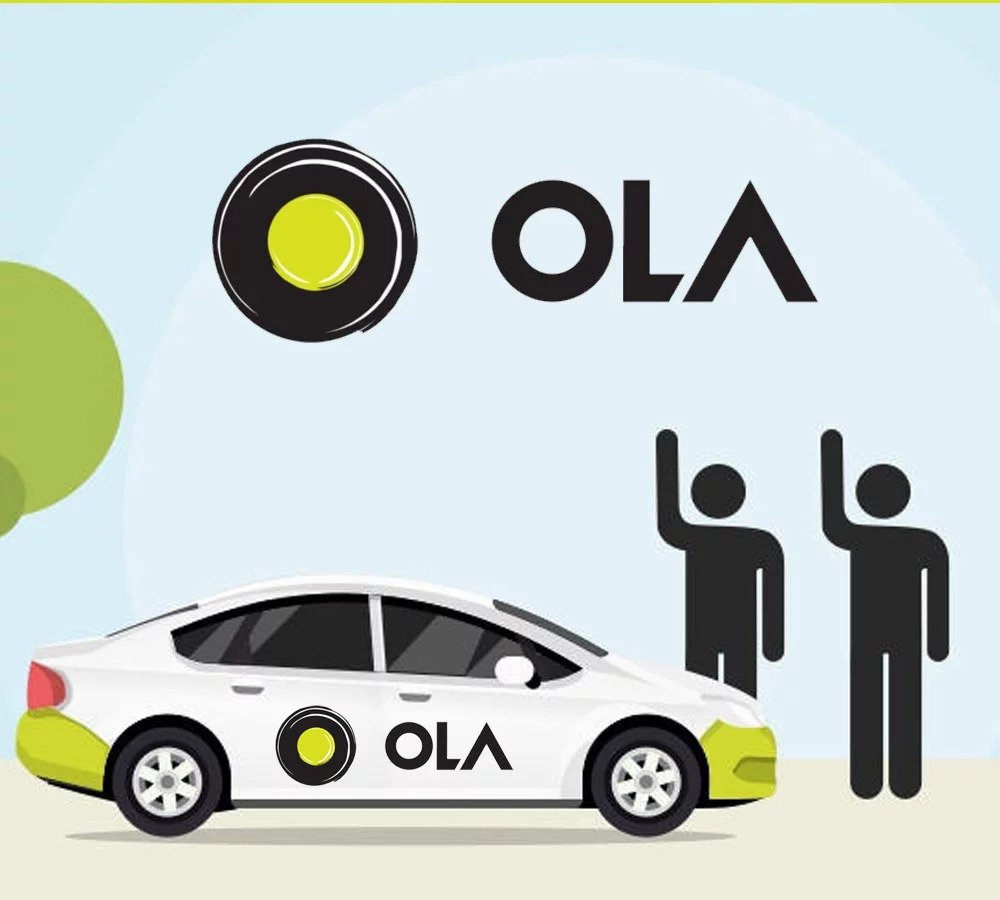
The Journey of Bhavish Aggarwal – in OlaCabs
Without ‘Ola’ getting in the office at the right time or reaching at the airport before boarding time or even travelling to the outskirts of town would never have been so smooth. Out of five, every four taxi rejects you to reach you at your destination. Ola cabs come as a rescue to all of us who does not have the privilege to travel on their personal car. The company needs no introduction as it has become very popular among the urban culture of India. This is the first cab aggregator company in India. The company OlaCabs is owned by ANI Technologies Pvt. Ltd. the journey of the successful business started in December 2010 by two IIT graduates from Mumbai.
The initiation has successfully bridged the gap between owners and commuters. Ola with a number of taxi drivers and owners has added the touch of modern technology to facilitate the whole process. People can hire cabs at any time from any urban location by a single touch through their app. As per the report of 2019, Ola was valued at about $6.2 billion and a number of venture capitalists which includes Softbank having large stakes in the company. Presently the company has expanded its services and networks more than 1,500,000 drivers across 250 cities. From November 2014, Ola incorporated auto rickshaws on a trial basis in Bengaluru. Now it has expanded Ola Auto services to other cities like Delhi, Hyderabad, Chennai, Hyderabad and Pune. Last but not the least OlaCabs enlarged into its first overseas market, Australia, and New Zealand in September 2018.
Services that are offered from Ola are:
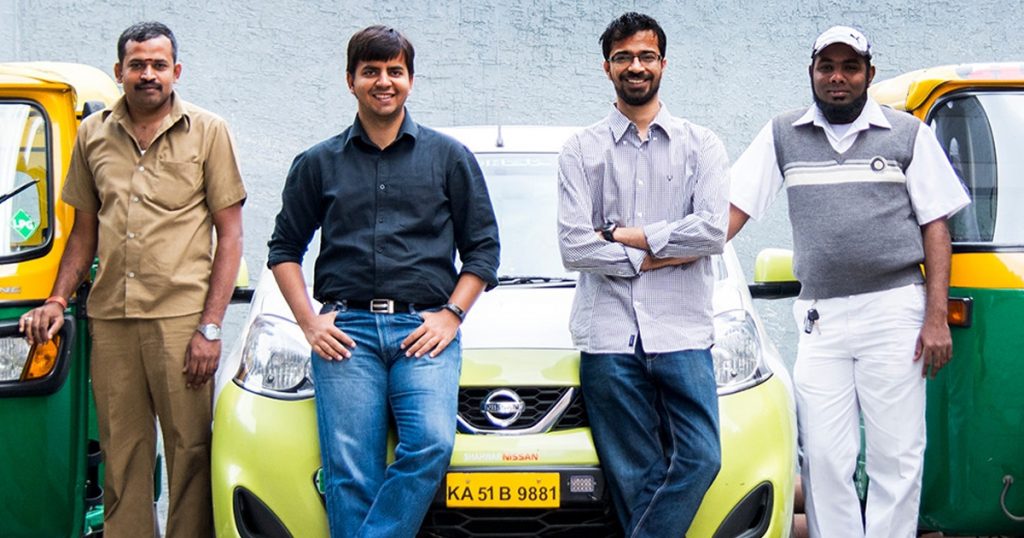
- Auto-Rikshaw
- Bike
- E-Rikshaw
- Luxury
- Luxury SUV
- Micro
- Mini
- Outstation
- Prime Executive
- Prime Play
- Prime Sedan
- Prime SUV
- Rental
- Share
- Taxi
Ola-Founders
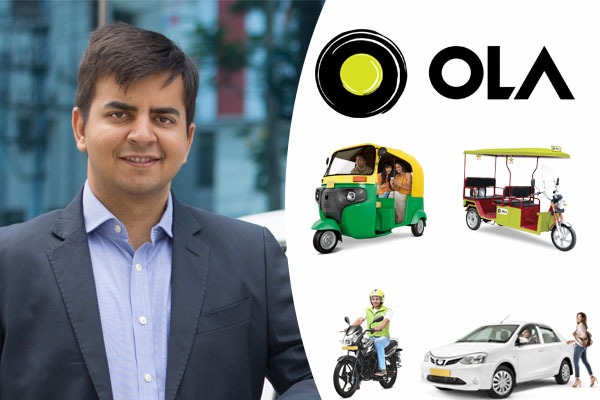
Bhavish Aggarwal is the person behind the huge organisation. He always wanted to create his watermark in the online business industry. To fulfil his dream of entrepreneurship, he initiated an online company for selling short duration tours and holidays online then he shifted it to OlaCabs. In this journey, his knowledge of working for Microsoft research helped him to smooth his journey. He was an IIT topper student since his college days he has shown his remarkable talent. After graduation, his journals are used to publish in international journals. Another significant head of this company is Ankit Bhatia who is presently the co-founder of Ola. He looks over the technical aspects of the company. He has completed his B-Tech from IIT Bombay in Mechanical Engineering and Mtech in CAD and Automation. With his knowledge of freelancing, he has enriched the company in a great way.
How It Started?
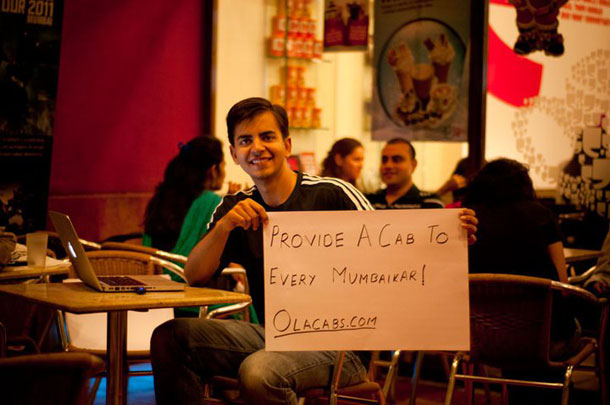
The journey of Ola started with short trip online business and its website was Olatrip.com offering holiday packages and weekend trips. While working on this online trip planning business he needed to visit Bandipur from Bangalore. For this visit, he needed to book a car which ended with a very bad experience. In this journey, he experienced the plight of every passenger who travels on a daily basis across the country. That journey made him understand the trouble of a lot of customers across the country who are searching for a quality ride. From that day he wanted to shift his business plan from a travel planner to cab services. He planned the possible potential features he could add in his business and how to integrate these advanced features in the application to avail the features from the end of the customers. It was also the time when Ankit Bhati also joined in his startup journey. This way the first ride of ola cab commenced. Just like traditional Indian parents, they both of them have not received any monetary or moral support from their parents. As the two genius had a shining career opportunity and they both left the mundane way of life and wanted to execute something out of the box. At their first course of business they faced a huge obstacle to finding a right investor. Their initiation was not taken seriously by any potential investors. At this stage, they faced the real struggle of life. And finally, when they invested all of their personal deposits and witnessed a ray of hope, they got their first potential investor. This is how when they reach a considerable position the founder of Snapdeal, Kunal Bahl, Rehan yar Khan and Anupam Mittal agreed to invest a prodigious amount in OlaCabs.
On this note, the founder of OlaCabs believed that having an extraordinary business idea is not a big deal in today’s market, however, to implement those business ideas you need to have a scalable model which can run your business accordingly. Here lies the real challenge when you got to find the capital to implement your ideology and the right labour and intellect to monitor and handle the capital. He also thinks when you start from ‘zero’ having a potential business ideology there your endeavour and determination work best for the outcome.
“I devote a lot of time to hire the right people. We keep on looking until we’ve found the right person. More than the skill match, we’re looking for the culture match,” says Bhavish. “Being a very aggressive company, it is not everyone’s cup of tea and finding the right people is invaluable,” Bhavish told YourStory in an interview.
Ola-Team
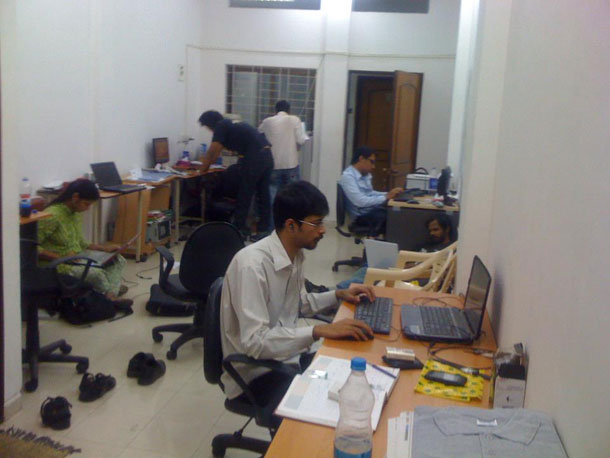
After the idea of cab service was taken as a serious note, the designing and vision were executed by Usha Loutongbam (Product Manager) and Bhavish himself. The team of developers converted the business idea into reality: The first version for Android was built by Ajinkya Potdar and Khushal Bokadey has built for iOS platform. Their main focus is to give their customer the best experience where they can avail the features smoothly. They kept on working on the apps and day by day has improved the features. None of them ever negotiate on the essence of one-touch cab booking. The earnest endeavour of Ola Team always works on providing rich customer experience. This way they proved their position as the best online card booking app.
“Our Focus is on the customers and improving their experience. We believe that if we do that well, competition, prices, and profit will all take care of themselves”. – Bhavish Aggarwal (CEO of OlaCabs).
Where the name came from?
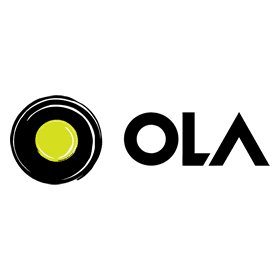
The company aims to provide quality and friendly services to each customer. That’s how one term clicked on their mind ‘Hello’. In Spanish, hello is translated as ‘Hola’. In order to provide a simple and cordial approach towards its customer they choose the name ‘Ola’ from the Spanish word. They also styled the logo very simple and the ‘O’ logo denotes a tyre of a car. The logo and the name were found very apt by Bhavish.
How do they work?
Customers book their cab through the app at their convenient time from any rural location. The company owns none of the cabs. The drivers with valid, authorised permit and verified by transport authorities can sign up with OLA and they could be self-employed or work for an organisation who owns multiple cars. The way passengers use Ola App once they register to an account, the drivers get access to a driver mobile app on their smartphone. However, this process is not so simple as it sounds. Because a driver has to go through a lot of verification and authentication process before they register on Ola. The Commercial papers and personal papers of the driver is thoroughly checked. The drivers have the flexibility to choose their login and logout time and accepting the passengers’ requests. And the revenue collected from the service is owned by either the self-employed driver or the owner. 15 per cent of the whole revenue is taken by the company based on all the booking done through the app.
“Maps help us in tracking our cabs – if they’re idle, headed for a booking, or in the midst of a trip. With custom systems built atop maps using available APIs, we are able to manage our inventory extremely well, predict ETAs for customers, and optimally allocate the nearest cab to a booking request.” – Bhavish Aggarwal.
These listed factors are followed to set the revenue:
- Basic Rate: Flat charging.
- Distance Rate: Km. Wise charging (varies from place to place).
- Ride Time Fare: Based on the duration of travelling.
- Peak Pricing: Depends on the demands of the cab.
- Service Tax: 5.6 per cent.
- Swachh Bharat Tax: 0.2 per cent.
- Toll Charges: If you cross Toll Junction on roads.
Presently the company has almost fifteen investors which includes, SoftBank Group, Tiger Global and Matrix Partners India (2014), DST Global, GIC and Falcon Edge Capital (2015), Sailing Capital (2018), Steadview Capital (2019), and many more. its current valuation is more than $6 billion. It has crossed total funding of $3.8 billion by the end of this year. According to the latest report, the company’s major associates include SoftBank group (26.1 per cent), Tiger Global (15.94 per cent), Tencent (10.39 per cent), Matrix Partners (8.57 per cent), and DST Global (6.72 per cent).
The Big Rival
Though the idea of car booking app initiated by Ola for the first time in India, by the end of the first year of their foundation there were a number of competitors out there in the market. Uber was one of the most significant opponents Ola has to compete with. Uber is the best- capitalised startup having raised almost $15 billion, its total valuation costs $62 billion. Other than that Meru Cabs Company Pvt. Ltd, Carzonrent Pvt. Ltd., Zoomcar India Private Ltd. are the prime contenders in the same platform. In Bike taxi, Rapido is occupying Ola’s market share to a great extent.
“Compared to Uber, we have a much local business model. We allow the customers to pay in cash as well as use our prepaid wallet. We allow them to book through call centres and pre-book for future travels” – Bhavish Aggarwal.
The Real Challenge
Presently Ola has won the heart of most of the people when earliest booking confirmation in concerned. It has completed a roller coaster journey in achieving this position today. When the company commenced its ride from Bangalore, it was hard for them to reach the public attention. People hardly knew about them and their services. This was a hard start for them to come to the access of people. When the first step was done the second big challenge was faced in 2010 in Mumbai. There was a huge gap between the customers and the drivers. Most of the drivers did not accept ride confirmation. As a result, because of poor services, customer experience dropped down and it became very unpopular among the passengers. In the same year, they could make hardly 10 bookings a day. It took more than six months to mend bridge the gap between customers and drivers. This way their growth was taking shape slowly. In 2012 they started to enlarge the boundaries of service. And this way by the end of 2015 the number of booking in a day increased almost the number of 700,000. Presently, they are catering their services among 250 cities.
The CEO has rightly said, “Focus on solving real problems and not on making money. There will be enough takers for your solutions. You will help make lives of some people better, and money will follow”.
Its revenue has increased from Rs. 1847.53 to Rs. 2543.63 in the last year. The CEO Bhavish Agarwal has stated they are planning to launch IPO in the upcoming years. This success story proves sheer determination and will power can result in a fine outcome. These two IIT B-Tech graduated started their careers in Microsoft and presently belongs among India’s top startup businesses. Their story is truly a motivation for those who want to chase their dream and do something out of track.
Header Image Source: https://bit.ly/2YlSuTW
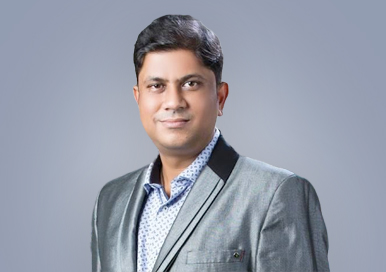
 Ecommerce Development
Ecommerce Development 